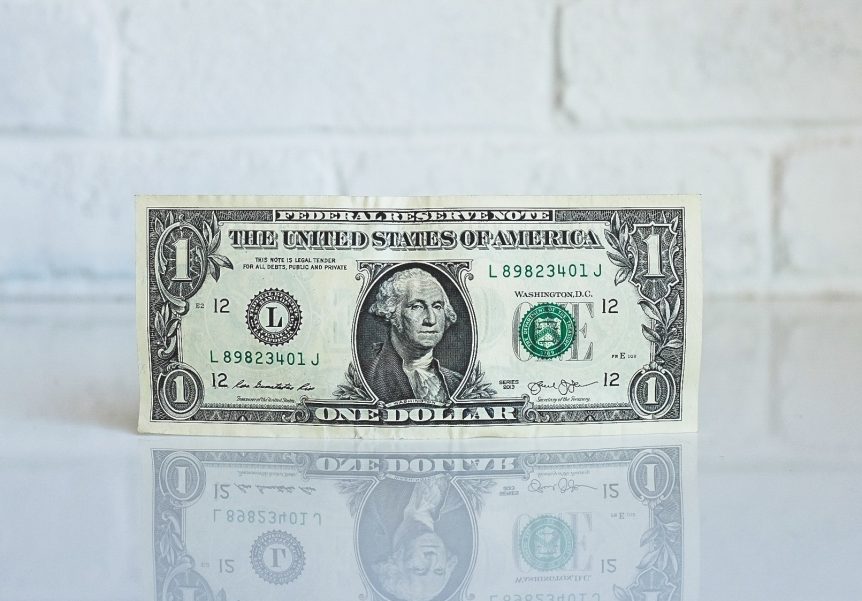What if we told you there is a simple way for most people to free up at least an extra $100 per month without making sacrifices? In an earlier blog post we discussed the shortfall of the “Latte Effect” and why you shouldn’t deprive yourself of your preferred cup of joe each morning if it isn’t detracting from your bigger goals. Today we are going to look at the small things that you should sweat, and some of the seemingly insignificant costs that we urge clients to review regularly because together they can make a big difference in the long run.
One way to come up with your extra $100 per month is by regularly reviewing your banking relationships to make sure that you are being paid a fair interest rate on your savings, as well as making sure that your credit card is paying you, and not the other way around. If you don’t currently use a credit card to pay your bills, consider using a cash back rewards card so that you can receive an additional 1-2% back on all of your purchases.
It should go without saying that if you are going to use a credit card for all eligible purchases to gain cash back, you must pay the balance off in full every month. This is especially important when considering that some credit cards will begin billing interest on new purchases immediately when there is still a balance from purchases made in the previous billing period. It’s a sneaky way that some card issuers can harvest a little more interest from your account. If you are worried about spending more because you’re using a credit card instead of cash or debit, it’s probably best to solve that underlying problem first and foremost. Used appropriately, a cash back credit card can provide a subtle discount to everything you pay for.
While an assessment of your credit card and banking relationships may prescribe the opening of a new account or two, and perhaps familiarizing yourself to a new payment method, these relatively simple changes will likely net half of your $100 in extra monthly cash. Next we want to take a look at some of the financial vampires lurking in our midst. Mostly these are monthly payments we make for services we may or may not take full advantage of, including cable/internet, phone, garbage pickup, lawncare services, gym memberships, media subscriptions, and similar services.
Recently we here at GPS Financial discovered that our cell phone carrier had restructured their plans in a way that saves each of us an average of $30 or so per month. The carrier did not call to let us know that there was now a more affordable option for a higher level of service, which highlights the fact that you need to do your own investigating, even if that means just calling up and asking. Often your cable and internet provider will slowly increase the cost of your services over time, and sometimes all it takes is calling and asking for a better deal (usually accompanied by the threat of moving to a different service provider, and if using this tactic it is always important to know if there is a better offer in case you need to make good on the threat). You may also find that you are paying for services that you really don’t need. In the case of cable television, perhaps you find that you are drawn more toward one of the many streaming services and can reduce or eliminate your cable package.
There are many more examples we could give, from magazine subscriptions that migrate directly to the recycling bin, to gym memberships that you forgot you were still paying. Many of these monthly costs are established as automatic payments and it’s easy to ignore them. Setting a day each year, perhaps when you get your taxes done, to take a look at all of these expenses and see if there are some that can be reduced or eliminated is an important step in freeing up extra cash flow to help meet more important goals.
But what’s $100 per month? Well, if you put that money into a Roth IRA for the next 30 years it could potentially total over $100,000 in additional retirement assets. Or perhaps you want to repurpose the money for a more direct reward, like funding a vacation. Either way, it’s money that most people can easily find with just a little bit of work.

